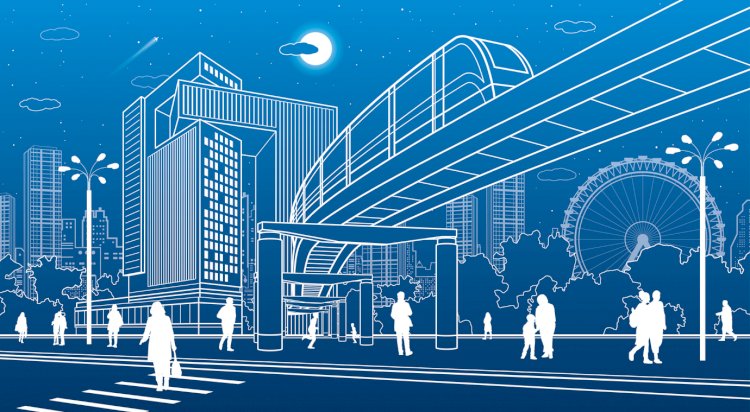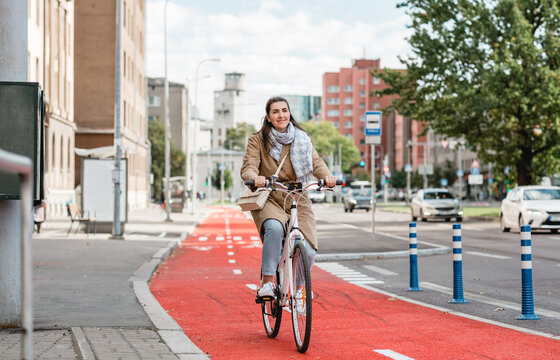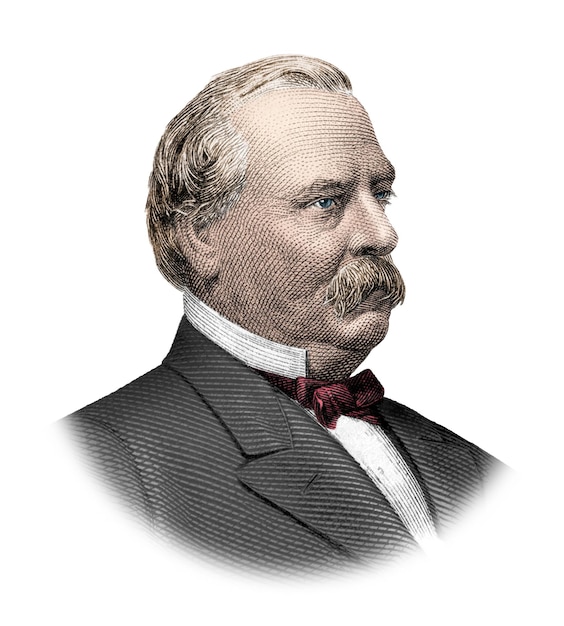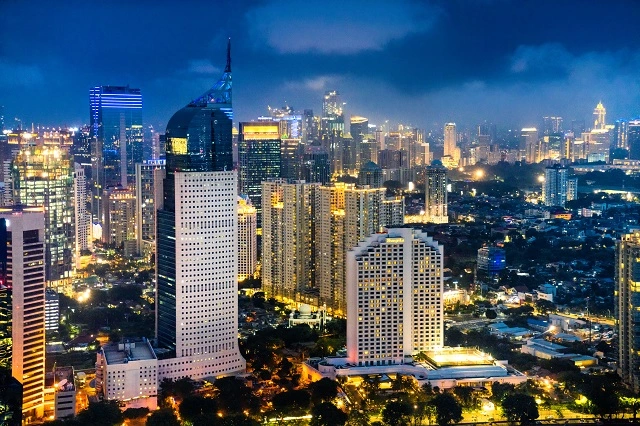AI Revolutionize Urban Planning Study by Tsinghua University, A team of urban planners and information scientists at Tsinghua University in China has made groundbreaking strides in urban planning through the integration of artificial intelligence (AI). Their research, highlighted in the prestigious journal Nature Computational Science, showcases how AI outperformed human experts in designing urban plans.
History of Urban Planning
Historically, cities grew organically, addressing immediate needs without a structured approach. However, this often led to suboptimal results. In recent times, a more strategic approach to urban growth has emerged, focusing on aspects like livability and pollution control.
All the urban planning measurments like county integrated development plans, master planning, land use planning, and urban infrastucture designe with modern prospective. Using the latest technology in this field.
The Rise of Urban Planning as a Science
Urban planning has evolved into a sophisticated science, necessitated by the increasing complexities of modern urban development. Professionals in this field now face the challenge of incorporating numerous variables as communities expand.
Integrating AI in Urban Planning
To address this challenge, the Tsinghua University research team harnessed the potential of AI, aiming to streamline the urban planning process. Their AI system was designed with a focus on enhancing the quality of life for residents through reduced travel times and lower pollution levels.
The 15-Minute Concept
The team adopted the 15-minute concept, envisioning that residents should access essential services within a 15-minute radius from their homes. This approach enhances livability and minimizes air pollution. The AI system was trained using existing human-created plans and critical design features like parks, green spaces, bike paths, and entertainment areas.
Testing and Results of AI in Urban Designe
The researchers initiated testing by designing a small community within a 3×3 grid city block. Subsequent improvements were made by fine-tuning the AI system. As the project progressed, the team scaled up the development, witnessing remarkable results.
AI-Generated Plans Outshine Human Designs
Incredibly, the AI-generated plans matched or surpassed those created by human experts. Moreover, the AI system drastically reduced the time required for planning, from hours to mere seconds. It’s important to note that the AI system’s purpose is not to replace human planners but to alleviate their workload, allowing them to focus on strategic urban concepts.
Conclusion
This research represents a best moment in the fusion of AI and urban planning. By leveraging AI’s capabilities, urban planners can enhance efficiency, improve designs, and ultimately create more sustainable and livable cities while upholding the significance of human expertise in shaping our urban landscape.
What is the main focus of the research conducted by Tsinghua University’s urban planning and information science team?
The research by Tsinghua University’s team focuses on integrating artificial intelligence (AI) into urban planning to improve the efficiency and effectiveness of urban design and development.
How did cities historically approach urban growth and development?
Historically, cities grew organically, addressing immediate needs without a structured approach to urban planning. This approach often led to suboptimal results and challenges in urban development.
What led to the evolution of urban planning as a scientific discipline?
The rise of urban planning as a science can be attributed to the need for a more strategic and logical approach to urban growth, considering aspects like livability, pollution control, and the increasing complexities associated with modern urban development.
How did the research team at Tsinghua University incorporate AI into urban planning?
The research team at Tsinghua University incorporated AI into urban planning by developing an AI-based system that adheres to the 15-minute concept, focusing on reducing travel times for residents and improving quality of life. They trained the AI system using human-created plans and critical design features.
How can AI benefit urban planning in the future?
AI can benefit urban planning by streamlining the design process, optimizing urban layouts, enhancing sustainability, and improving overall quality of life for residents. It allows urban planners to efficiently handle complex variables associated with urban growth, making cities more livable and sustainable






